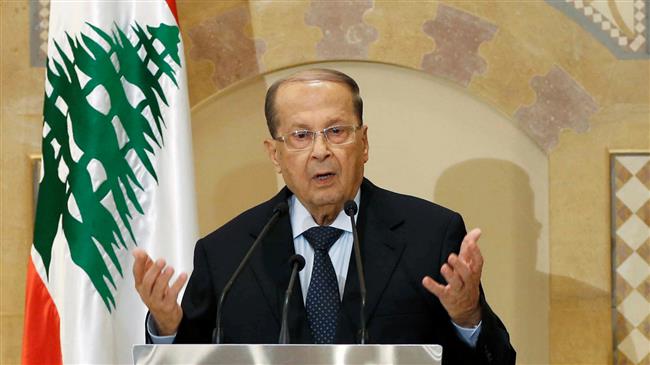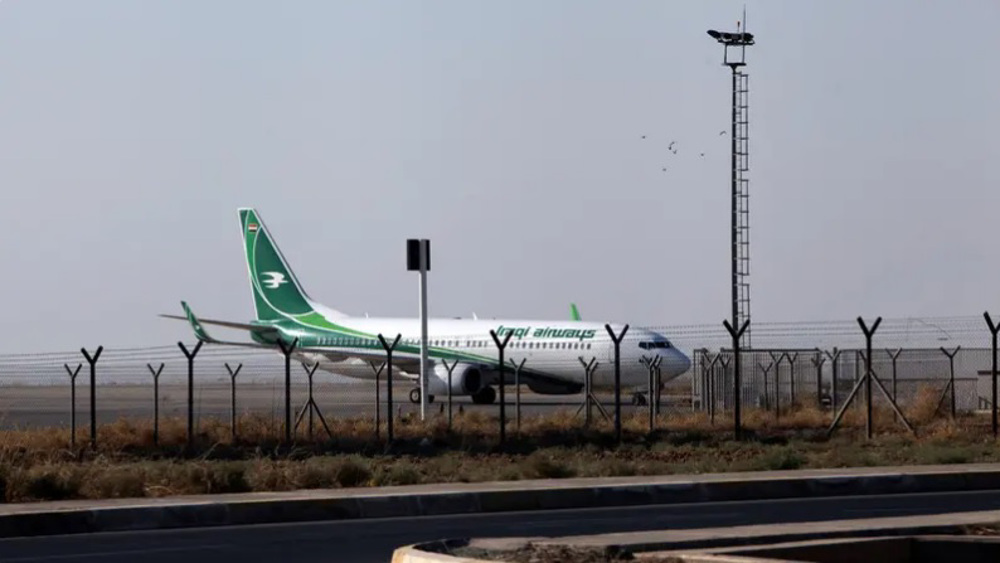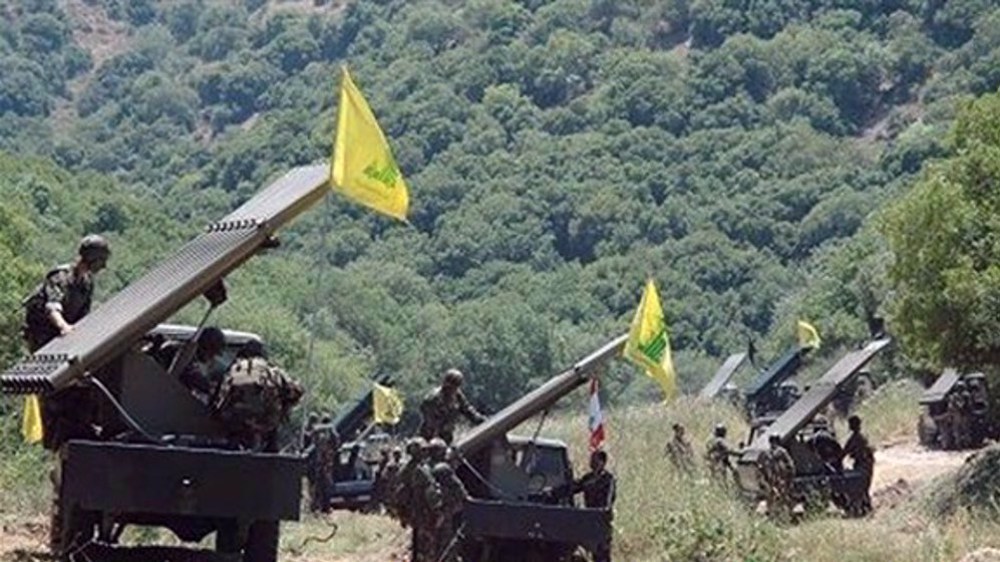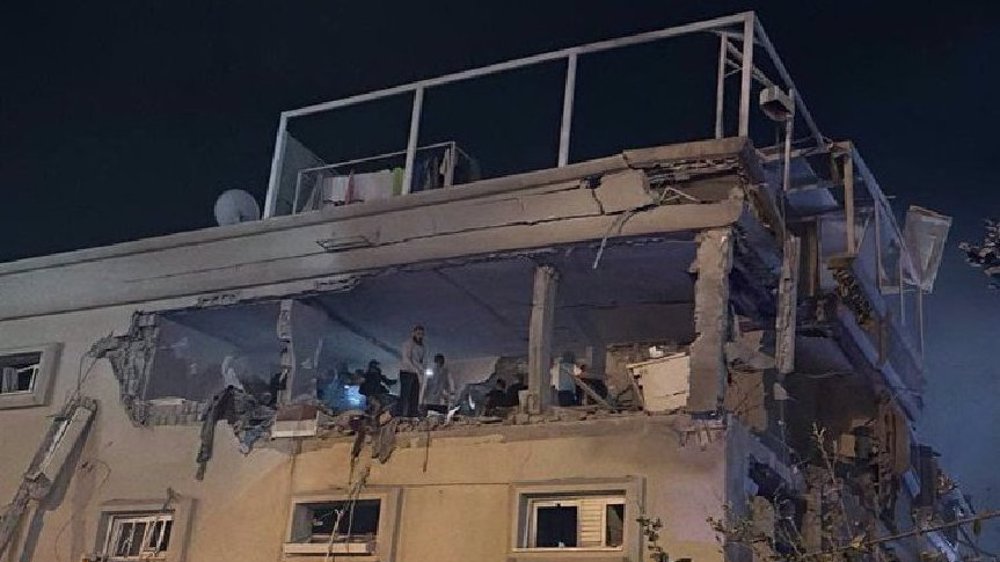Israel seeks to split Middle East region, Lebanon's president says
Lebanese President Michel Aoun says the Tel Aviv regime is attempting to create division in the Middle East, and split the region along social and religious fault lines.
“In the Middle East Israel is trying to carve up the region into a patchwork of secular and religious entities, quasi-states, in a bid to put together a sectarian puzzle,” Aoun said in an exclusive interview with French daily newspaper Le Figaro published on Monday.
He then described the Israeli regime as a threat to his country’s sovereignty and blamed it for continuously violating Palestinian rights.
The Lebanese president also urged Europe to “support Lebanon’s effort to ensure the safe return of Syrian refugees to their homes,” and to “contribute more to the United Nations Relief and Works Agency for Palestine Refugees in the Near East (UNRWA).”
Aoun further noted that the Lebanese Hezbollah resistance movement has weapons in its possession due to the ongoing Syrian crisis and the status quo of the Middle East region.
“Hezbollah doesn’t play any military role inside Lebanon, and doesn’t carry out any act of provocation along the border with occupied lands. The party’s arms ownership is linked to the situation in the Middle East and the Syrian conflict,” he pointed out.
Aoun also dismissed allegations that Hezbollah had a veto on strategic decisions on the national Lebanese level.

“Lebanon is a consensus system and expressing an opinion has nothing to do with using the veto right," he said.
Aoun highlighted that the international pressure on Hezbollah isn't something new and is in fact on the rise.
The Lebanese president said some sides are seeking political revenge against Hezbollah after the resistance movement defeated Israel in several occasions.
“Hezbollah's popular base constitutes more than a third of the Lebanese society. Unfortunately, some foreign outlets insist on portraying it as an enemy,” Aoun said.
On September 13, Hezbollah Deputy Secretary General Sheikh Naim Qassem said the ongoing developments in the Israeli-occupied territories do not allow the Tel Aviv regime to launch new military aggression against Lebanon.
He, however, noted that Hezbollah is ready for any possible military confrontation.
Addressing his supporters last month via a televised speech marking the 12th anniversary of Hezbollah’s victory in the 2006 Israeli war on Lebanon, Hezbollah Secretary General Sayyed Hassan Nasrallah stressed that the movement is not scared of a potential war with Israel.
“No one should threaten us with war and no one should scare us by war... We are not scared or worried about war and we are ready for it and we will be victorious,” he said on August 14.
“The resistance in Lebanon today, in its possession of weapons and equipment and capabilities and members and cadres and ability and expertise and experience, and also of faith and determination and courage and will, is stronger than at any time since its launch in the region,” Nasrallah pointed out.
Iran relies on natural gas for nearly 90% of its power production: Expert
US embassy in Beirut blocks Iraq-Lebanon humanitarian air bridge
VIDEO | UK's Starmer targets journalists
Israel plans to displace Palestinians in occupied West Bank: Hamas
Iranian airlines ramp up Istanbul route flights after EU sanctions
British protesters slam UK’s complicity in Gaza genocide on Balfour day
US surgeon haunted by Gaza children with ‘single gunshot wounds to head’
VIDEO | Iran's possible retaliation against Israel















 This makes it easy to access the Press TV website
This makes it easy to access the Press TV website